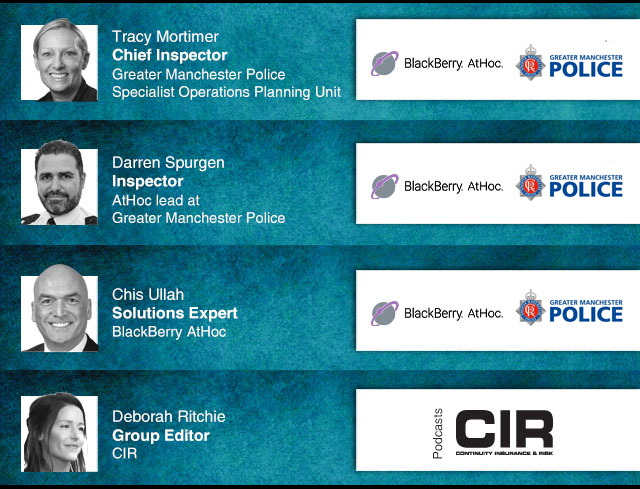An overhaul of the Prompt Payment Code (PPC) to crack down on delayed invoices owed to small businesses has been announced by the UK government. Under new reforms, companies that have signed up to the Prompt Payment Code will be obliged to pay small businesses within 30 days – half the time outlined in the current code.
Despite almost 3,000 companies signing the code, poor payment practices are still common, with many payments delayed well beyond the current 60-day target required for 95% of invoices. Currently, £23.4bn of late invoices are owed to firms across Britain, impacting on businesses’ cash flow and ultimate survival.
In an effort to tackle the problem, businesses owners, finance directors or CEOs will be required to take personal responsibility by signing the code, acknowledging that suppliers can charge interest on late invoices under the code and that breaches will be investigated. Those signed up to the code will be expected to redouble their efforts to ensure payments are made on time and breaches will continue to be publicised by the government in order to encourage compliance.
The move comes as the government seeks to strengthen the powers of the Small Business Commissioner (SBC) to ensure larger companies pay their smaller partners on time. New powers proposed in a recently closed consultation include legally binding payment orders, launching investigations and levying fines.
According to the Federation of Small Businesses (FSB), around 50,000 businesses close every year due to late payments, damaging Britain’s prosperity and threatening jobs. Small businesses account for two-thirds of UK private sector employment and more than half of business turnover. Late payments impact their bottom line, which can hold back investment or job creation and, in the worst cases, lead to job losses and business closures.
Mike Cherry, national chairman of the FSB, said: “A late payment crisis was massively stifling the UK economy before COVID hit. The pandemic has deepened it. We have campaigned for good payment practice to become the norm across the UK economy, not least through a toughening of the Prompt Payment Code and the adoption of 30 days as the new maximum payment period. It’s now time for swift delivery, and for all existing and future PPC signatories to implement 30 days as the new maximum.”
“Ending our pernicious poor payment culture for good over the coming months will be fundamental to turning our hopes of economic recovery into reality.”
The PPC currently has over 2,800 signatories, who are required to pay 95% of their invoices within 60 days or else be publicly struck off the code until substantial changes to their payment practices have been made. When a company is struck off the code for poor practice, this is publicly announced by the Small Business Commissioner’s Office. A record of signatories and struck-off companies is maintained on the Prompt Payment Code and SBC websites.
Printed Copy:
Would you also like to receive CIR Magazine in print?
Data Use:
We will also send you our free daily email newsletters and other relevant communications, which you can opt out of at any time. Thank you.













YOU MIGHT ALSO LIKE